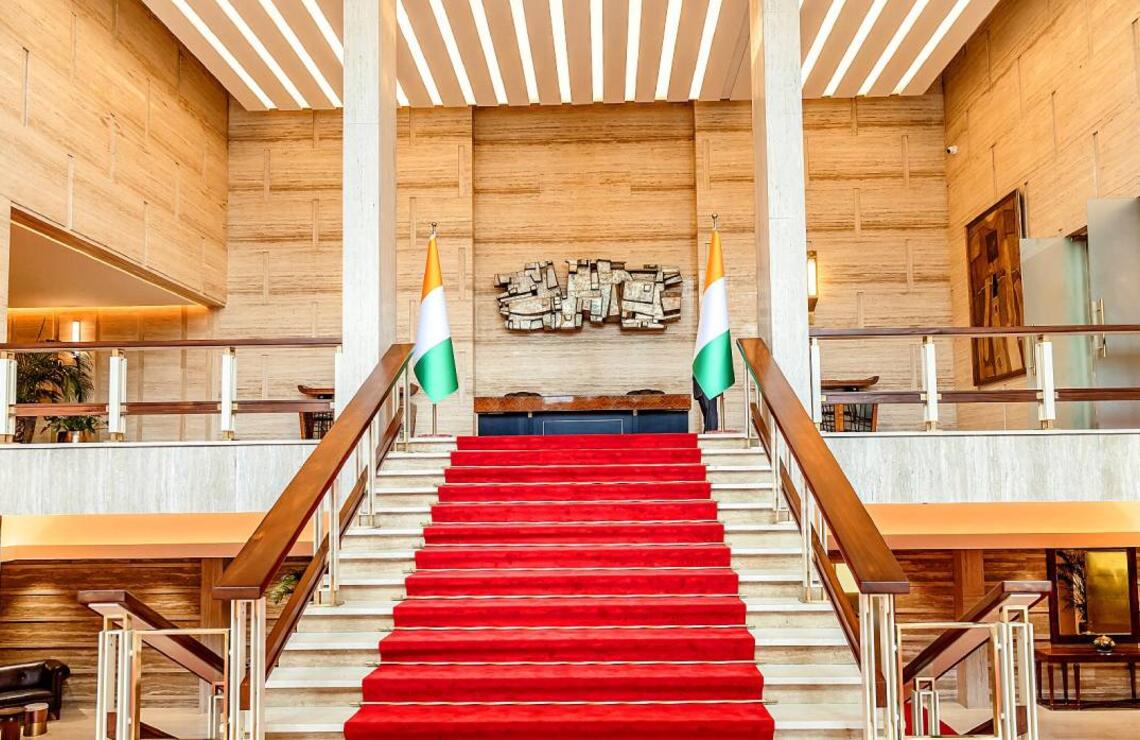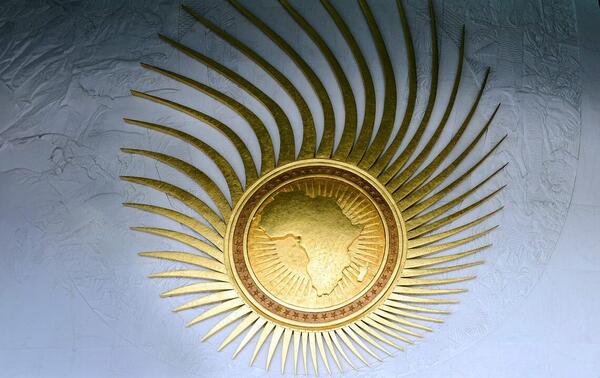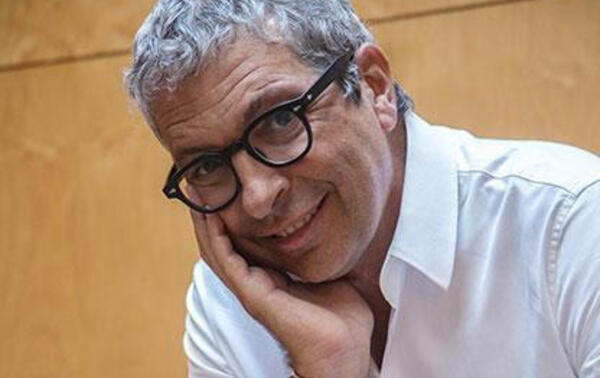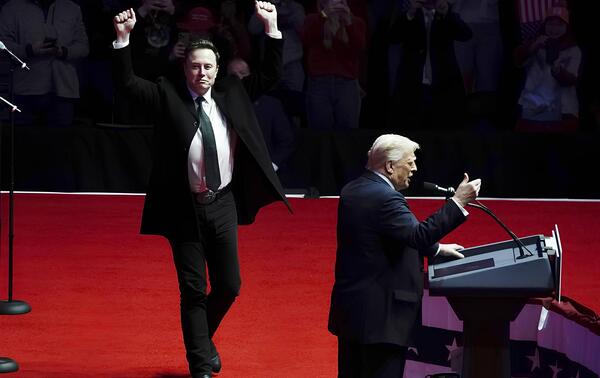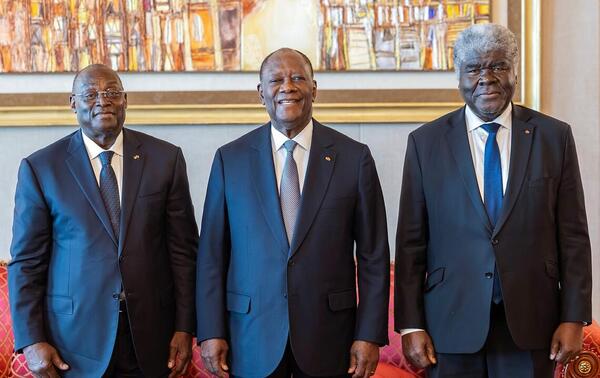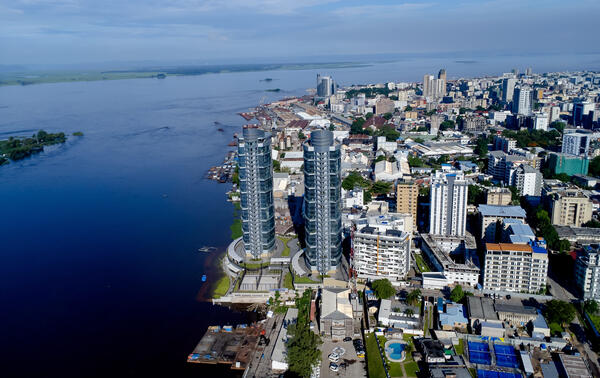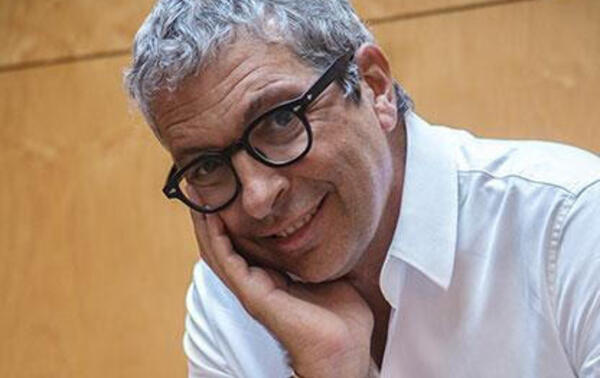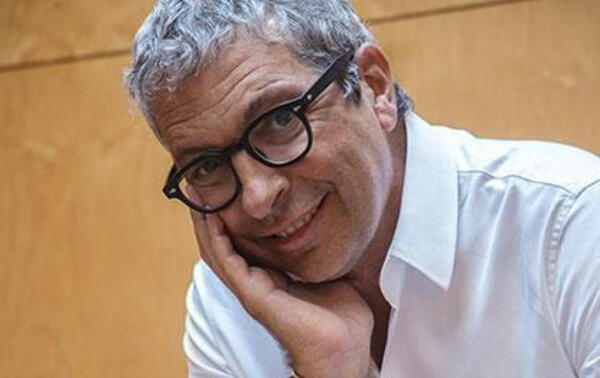Editorials
The revolution is underway, inexorable, of civilisational magnitude. Even more so than the industrial revolution that transformed the economies and societies of the 19th century.
It's been around sixty years, give or take a few, since Africa gained independence (and for some countries, like Namibia, a little over thirty years).
A crucial issue. The reality of women's lives, those of our partners, daughters and mothers, our colleagues... The daily lives of this half of our society, of 750 million African women.
If I were an ‘old school’ American, deeply attached to the liberal tradition of my country, faithful to the democratic edifice built over more than two centuries, an American symbolised by the Statue of Liberty,
Next October, the presidential election will take place—a major political event highlighted this month in our special edition: "Côte d'Ivoire: l'enjeu 2025". A look back at what has radically changed and projections on what lies ahead.
Kinshasa is the capital of the Democratic Republic of Congo and, with a population of around 20 million (up from one million at the start of the 1970s), is one of the most densely populated cities in the world and the largest French-speaking city, ahead of the Greater Paris metropolitan area.
It was over a year ago that one of the most appalling cycles of violence and war in the Middle East began. It kicked off on 7 October 2023 when Hamas launched an unimaginable and savage attack beyond Gaza’s walls into southern Israel. The over 1,200 victims included young people, couples, soldiers and kibbutzniks. Hostages were taken.
At the time of writing, the results of the second round of France’s snap parliamentary elections (7 July) were not yet in. The elections were triggered by the dissolution of the National Assembly, which itself followed on the heels of the shattering European elections for the presidential majority.
It's a daily scourge that is quietly gaining ground, growing and worsening year by year. Between coups d'état, wars, terrorism, droughts and other distressing events plaguing the continent, no-one seems to be paying much attention to it. Yet drug trafficking and counterfeiting are skyrocketing in West Africa, claiming around 500,000 victims a year.
